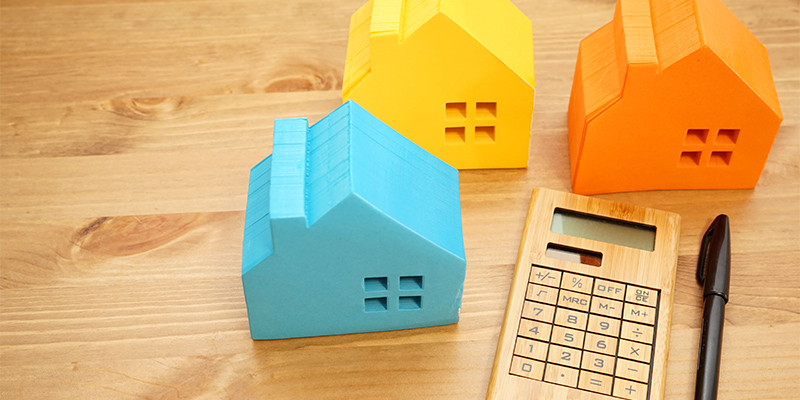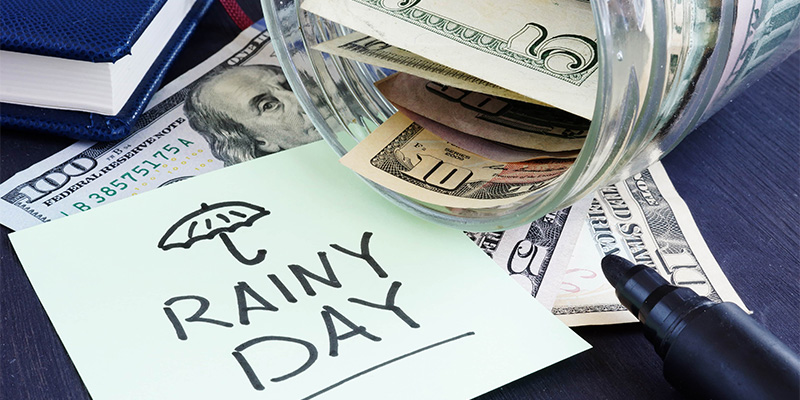What Should An HOA Do With Late HOA Payments
Late HOA payments are one of the most common problems homeowners associations face today. With assessments playing a critical role in the continuous operation of the HOA, it is imperative to know how to collect these late payments.
How to Deal with Late HOA Payments
It is not that difficult to understand how an HOA works. Homeowners who live in the HOA community contribute monthly payments or dues. The association then uses the collected payments to fund various HOA activities, maintenance, and repairs.
But, what happens if you don’t pay HOA dues? There are a number of possible consequences you might experience because of late HOA payments. In some cases, an HOA may even use the law against you. If you want to know what your specific HOA can do about overdue dues, though, it is important to refer to both your state laws and HOA governing documents.
How to Collect Delinquent HOA Dues
HOA dues are the lifeblood of any homeowners association. Therefore, it is essential for the HOA board to get a handle on overdue HOA payments to avoid running into funding issues. Here are some of the best ways to collect late HOA payments from homeowners:
1. Send Out Reminders and Provide a Grace Period
 Although paying dues is a regular part of HOA living, many homeowners still forget to settle them on time. The HOA board should send out timely reminders before a fee is due.
Although paying dues is a regular part of HOA living, many homeowners still forget to settle them on time. The HOA board should send out timely reminders before a fee is due.
It is a good idea to post this reminder on bulletin boards as well as your HOA’s website or social media pages if your HOA has them. The HOA should also send the notice via email, SMS, or newsletters.
If a homeowner is already late on their payments, the board should send them a delinquent HOA dues letter informing them of the overdue fees. This way, the homeowner can’t claim that they didn’t know about the delinquency.
It is also common for HOAs to offer a grace period for monthly dues. This is to allow for some breathing room and time for checks to clear in the bank.
2. Offer a Payment Plan
Homeowners can fall on hard times and start to struggle financially. If that happens, the HOA board can offer the homeowner a payment plan. Payment plans vary from association to association, so it is best to check your governing documents for the right provisions to follow. Keep in mind, though, that payment plans are usually not permanent. It is a temporary solution to a temporary problem.
3. Suspend Member Rights
Some associations have the authority to suspend the rights of homeowners when they fail to settle their balance. Florida Statute 720, for instance, gives associations this right. Rights that HOAs can temporarily revoke include voting rights and the right to use the association’s amenities. It is best to consult your HOA attorney first, though, before deciding to follow this path.
From a Fellow Homeowner’s Perspective
It can be difficult to imagine an HOA operating smoothly when other homeowners are not paying their dues on time or are defaulting on them altogether. As a member of your HOA, you naturally want the best for your community. Unfortunately, there is not much you can do to make your neighbors settle their delinquent homeowners association dues.
Increased HOA dues are another point of concern for homeowners when there are delinquencies. Because of the lack of funds, the HOA might charge special assessments or raise the current dues to make up for the loss. Although you can express your worries about the issue, all you can really do is trust that the HOA board will do its job right.
You also have no way of learning which of your neighbors specifically is delinquent, and the HOA board can’t disclose that information. Even if you somehow find out who is late on their payments, taking any action against them can be regarded as harassment.
Setting Up an HOA Late Fee Policy
The idea of having to pay a late fee on top of the monthly dues is sometimes enough to scare homeowners straight. When crafting a policy for charging HOA late fees, though, HOAs must consider the following:
1. Account for the Grace Period
If your HOA has a grace period, don’t forget to take it into account. Although payment is considered late the day after the deadline, most HOAs don’t charge a late fee until a day after the grace period ends. The HOA board must check its governing documents and state laws to verify when it is right to apply the late fee.
2. Check State Laws
 Every state has its own set of rules when it comes to late HOA fees, though some states don’t have them at all. The HOA board must refer to state and local laws to ensure it does not run into legal trouble.
Every state has its own set of rules when it comes to late HOA fees, though some states don’t have them at all. The HOA board must refer to state and local laws to ensure it does not run into legal trouble.
For instance, California has a law specifying how much an HOA can charge in late fees. Unless the HOA’s governing documents indicate a lesser amount, the late fee should not go over $10 or 10 percent of the delinquent amount, whichever is greater. The same law states that HOA dues are only considered delinquent 15 days after the due date.
Another area where state laws have a say is how to apply the payments for late dues and fees. In Florida, if a homeowner failed to settle their January dues but pays in February, the HOA will apply the February payment to January. That means the homeowner still has an outstanding February balance and a late fee for January on top of the late fee for February. If the homeowner pays in March, the payment will first apply to the January late fee, and whatever is left will apply to the February dues.
3. Communicate the Policy
An HOA that has a late fee policy should know how to effectively communicate it to its members. If the policy is new, the HOA board should make sure it disseminates the information using all available channels. It is also a good idea to include a copy of the late fee policy in notices and reminders.
Liens, Lawsuits, and Foreclosures: Worst Case Scenario
What happens if you don’t pay homeowners association fees? Apart from charging late fees and suspending member rights, the HOA can also take legal action against you. The HOA board can choose to file a lawsuit and take you to small claims court. Other possible remedies include filing a lien on your property and foreclosing on that lien.
When the HOA files a lien on your property or unit, you will have a hard time selling it. If you do manage to sell the house, you may wonder, “Who is responsible for past due HOA fees?” Although state laws differ, in most cases, the owner of the property will shoulder the responsibility of settling the fees. That means either you or the new owner will pay for it, depending on what you agree upon.
An HOA can also decide to foreclose on your property after placing a lien on it. Although these routes are admittedly more extreme, they do happen, quite often even.
The Best Course of Action
Some homeowners want to learn how to get out of paying HOA dues. The bad news is that there is no way around it. You agree to pay your share of the dues the moment you signed into the association. Provided the HOA followed its governing documents, it is best to just pay the dues and avoid late HOA payments. After all, you are benefiting from the HOA’s amenities and services.
Keeping track of delinquent homeowner accounts can come as a challenge without the proper tools. Use Condo Manager’s integrated HOA and condo association management software today. Schedule a free demo, call us at (800) 626-1267, or contact us online for more information.
RELATED ARTICLES:
- Your Ultimate Guide to HOA Fees
- HOA Management Fee: Are They Charging You Right?
- HOA Accrual Accounting: Why It’s The Best For HOAs



 There are a few factors that can influence how much an HOA charges homeowners in monthly dues. A high delinquency rate, for instance, can tip the scales.
There are a few factors that can influence how much an HOA charges homeowners in monthly dues. A high delinquency rate, for instance, can tip the scales.
 HOA boards must first send an HOA special assessment notice to inform homeowners of an impending collection. However, if the amount exceeds the HOA special assessment limit stipulated in the governing documents, the board must obtain approval from the homeowners.
HOA boards must first send an HOA special assessment notice to inform homeowners of an impending collection. However, if the amount exceeds the HOA special assessment limit stipulated in the governing documents, the board must obtain approval from the homeowners. HOAs can rely on their insurance coverage to cover the costs of property damage due to natural disasters. However, there are instances when the insurance payout is not enough to cover.
HOAs can rely on their insurance coverage to cover the costs of property damage due to natural disasters. However, there are instances when the insurance payout is not enough to cover.
